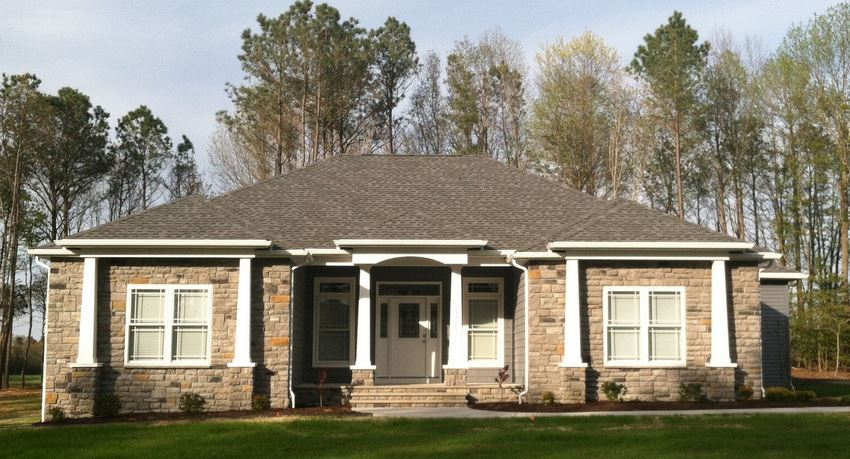
8 Gorgeous Waterfront Homes Built with ICF
Waterfront homes are one of the most sought after properties in the country. Unfortunately, homes on the water face weather conditions and a climate that can be destructive to the home.

4 Tips For Overcoming The Labor Shortage
For companies and professionals suffering from the industry’s labor shortage, these four tips can help overcome some of those obstacles and keep projects on schedule and on budget.

Home Construction: Built to Endure Hurricanes
A few surviving houses caught the eye of media outlets around the world, seemingly untouched by Hurricane Michael’s destruction. What made these houses different?

Fox Block ICFs Commercial Buildings are Strong, Durable, and Comfortable

Constructing Footings with Fox Blocks Foundations

Waterproofing Below-Grade Insulated Concrete Forms

How to Get Energy-Efficient Walls with Insulated Concrete Forms

THE PRESERVE AT MOUNTAIN VISTA
A series of homes were built together to prove the viability of ICF contributing to affordable, Net Zero homes.

MILTON RESIDENCE
The owners wanted an affordable custom home that could withstand Chesapeake Bay weather.
Why is the concrete limited to a placement height or lifts of 4 feet (1.2 m)?
To alleviate the pressure from the liquid concrete, the concrete is placed in layers or ‘lifts’. The first lift is limited to 4′ (1.2 m) of concrete around the perimeter of the building. This allows approximately one hour for the concrete to set-up before continuing with the next 4′ (1.2 m) lift. The lower lift provides support for the next lift as the concrete is placed continuously around the building in consecutive lifts to the top of the wall.